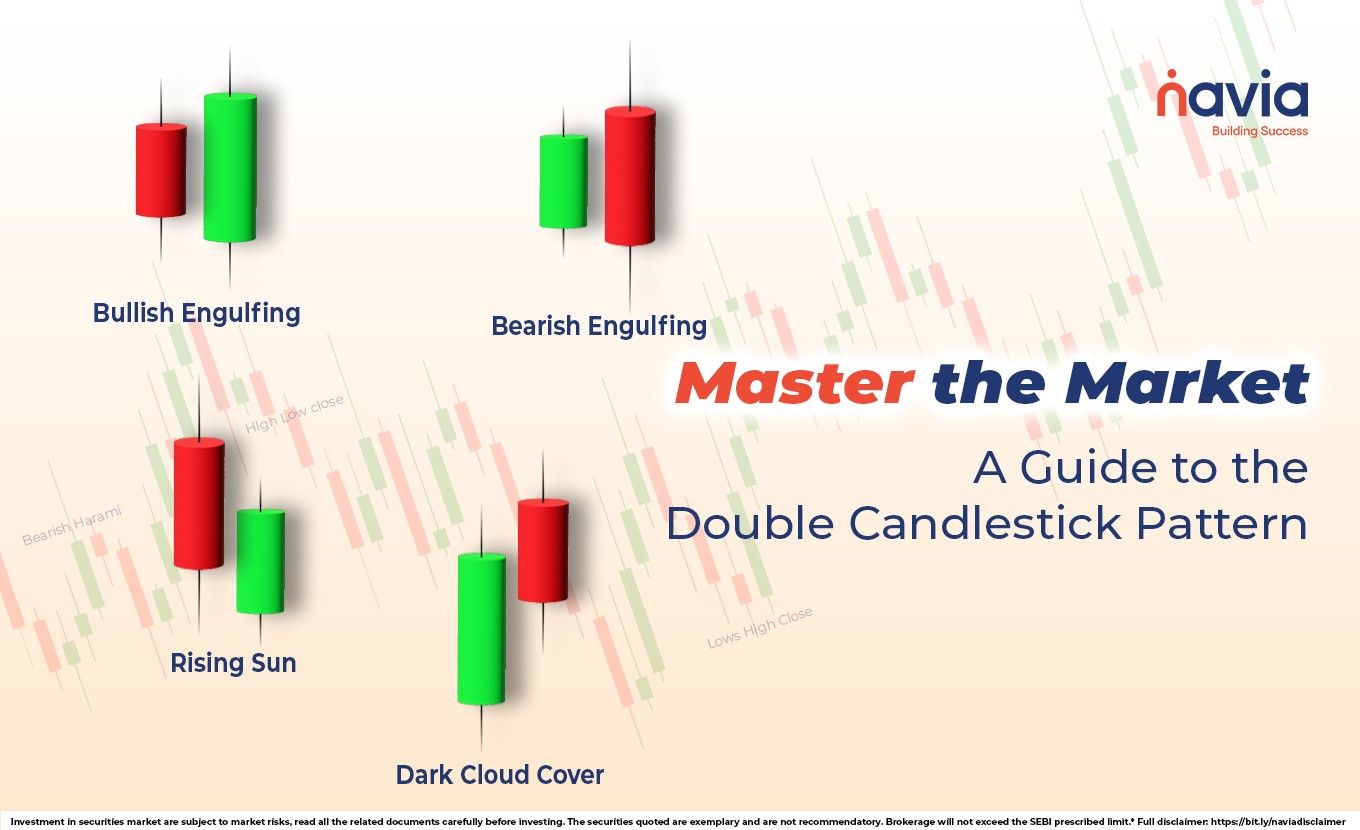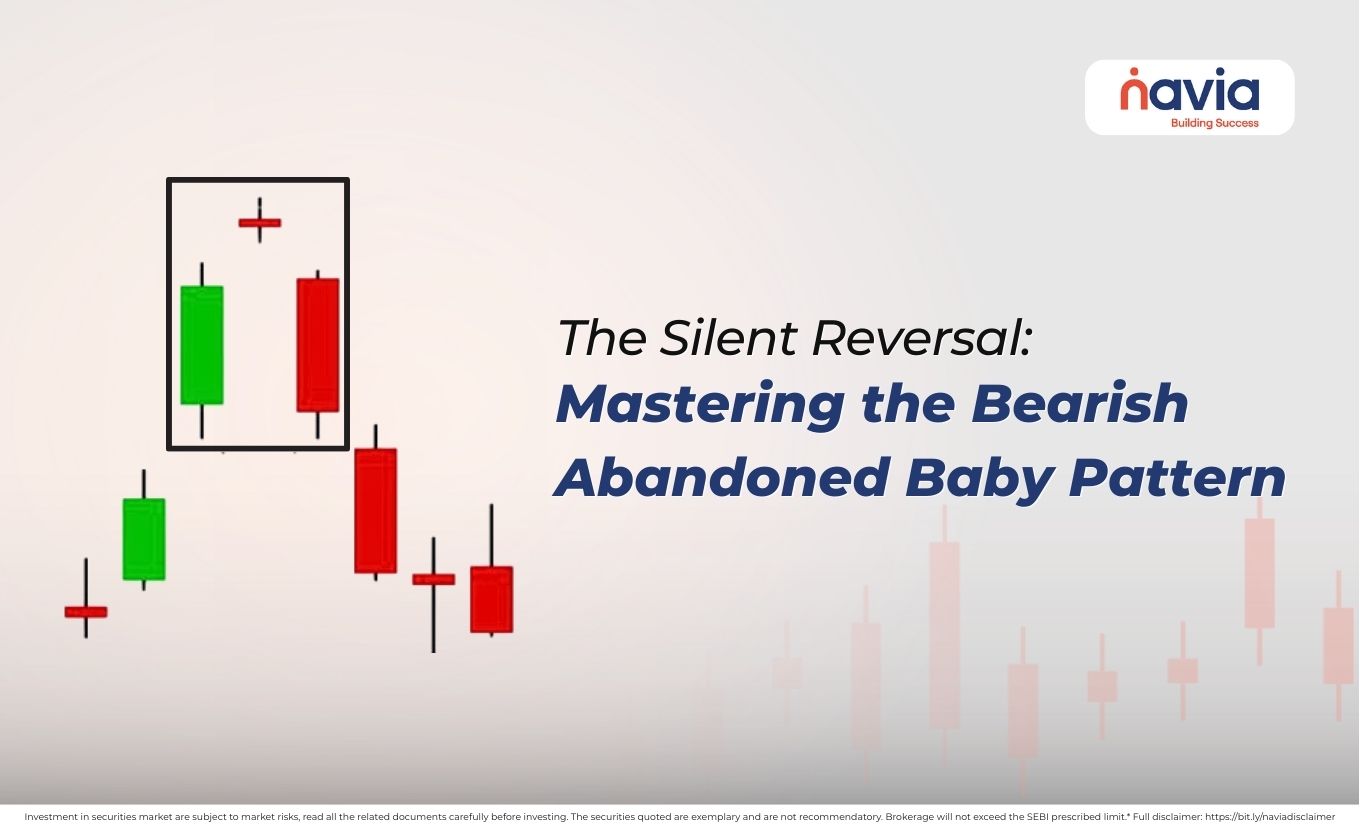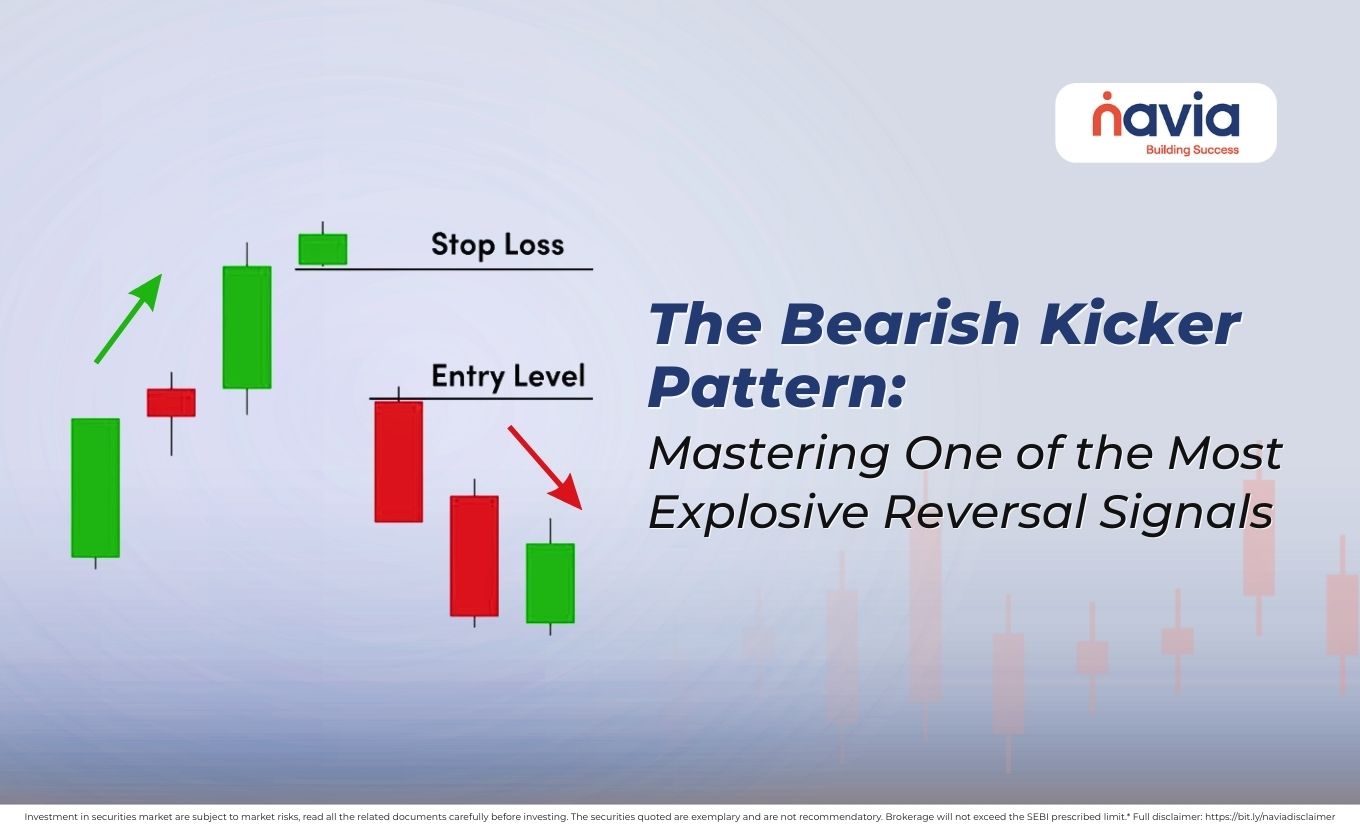What is BTST Trading in the Share Market?
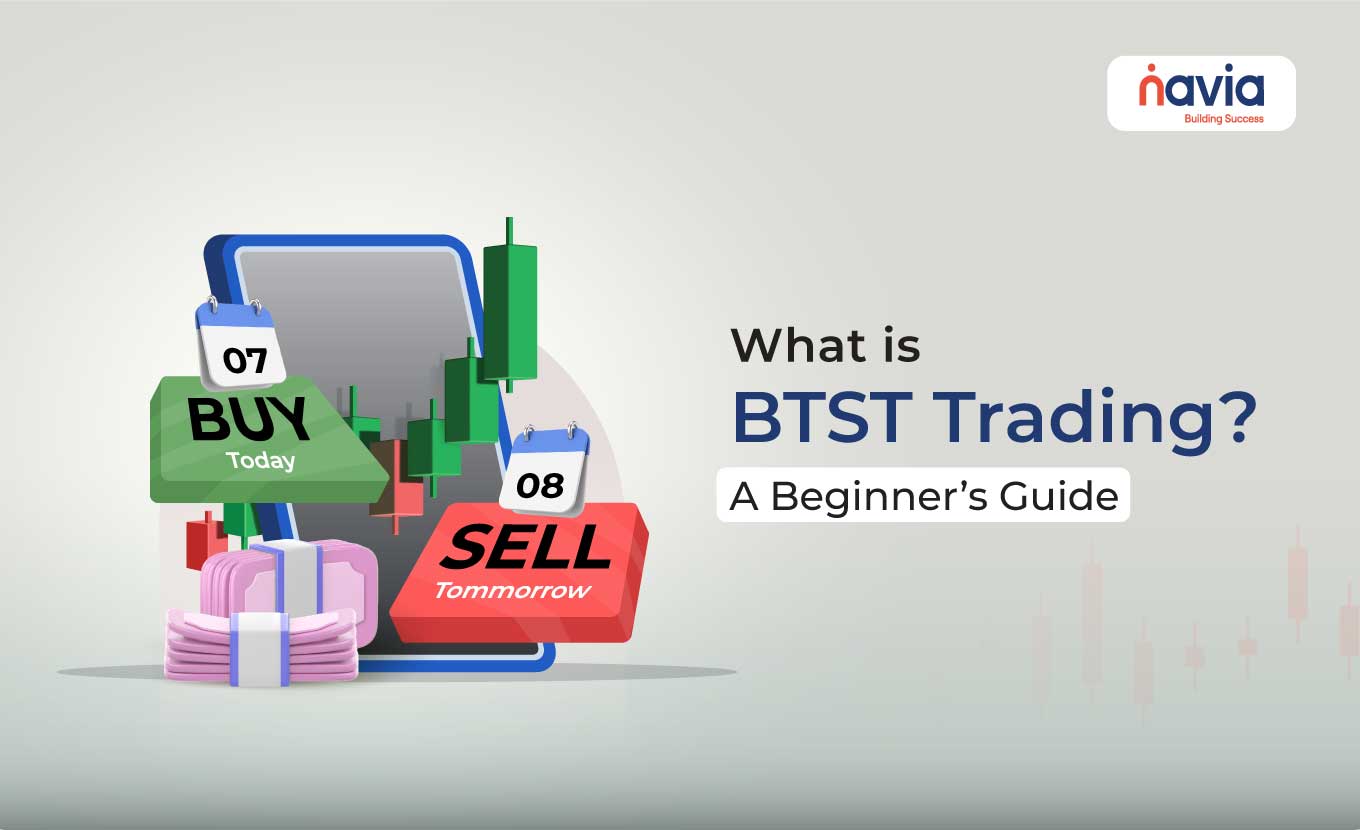
In the world of stock trading, there are various strategies that have emerged to help both investors and traders capitalize on short-term price movements. Among the active traders one such strategy gained popularity, that is BTST Trading. BTST trading meaning, “Buy Today, Sell Tomorrow”, allows investors to sell shares before they credit to their demat account. It is offering benefits from short-term price fluctuations without waiting for the stock to be officially settled.
Interesting right? If you want to know how to take advantage of short-term opportunities this beginner’s guide will walk you through everything you need to know.
What is BTST Trading?
BTST Trading or Buy Today, Sell Tomorrow is a short-term trading strategy where traders buy shares a day and sell them on the next day, before the shares credited to their demat account. Normally in India stock market, the settlement cycle is T+1 (Trade Day+1), which means stock take T+1 days to settle and reflect it in your account.
In this case BTST will help you to sell them before that time. The strategy is mainly useful in a volatile market, where stock prices can change rapidly within a short span. The BTST traders aim to book profits quickly, based on positive news or market trends.

How Does BTST Trading Work?
Just think that you buy 100 shares of a company on Monday, these shares will be added to your demat account by Tuesday evening. It is the normal procedure, but if you choose BTST Trading, you can sell those shares on Tuesday morning, before they are added to your account.
Is that really possible? Yes! Because the shares you sell on the second day are actually adjusted by your broker in the background. However, this type of trading required a reliable broker and awareness of the associated risks.
Let’s see an example of using the strategy;
🠖 Day 1 (Monday) You buy 100 shares of ABC Ltd. At ₹200
🠖 Day 2 (Tuesday) The price rises to ₹210, and you sell the 100 shares
Profit: ₹10 x 100 = ₹1000 (excluding taxes and charges)
Why Do Traders Use BTST Trading?
There are many reasons why traders prefer BTST trading, some of them is given below;
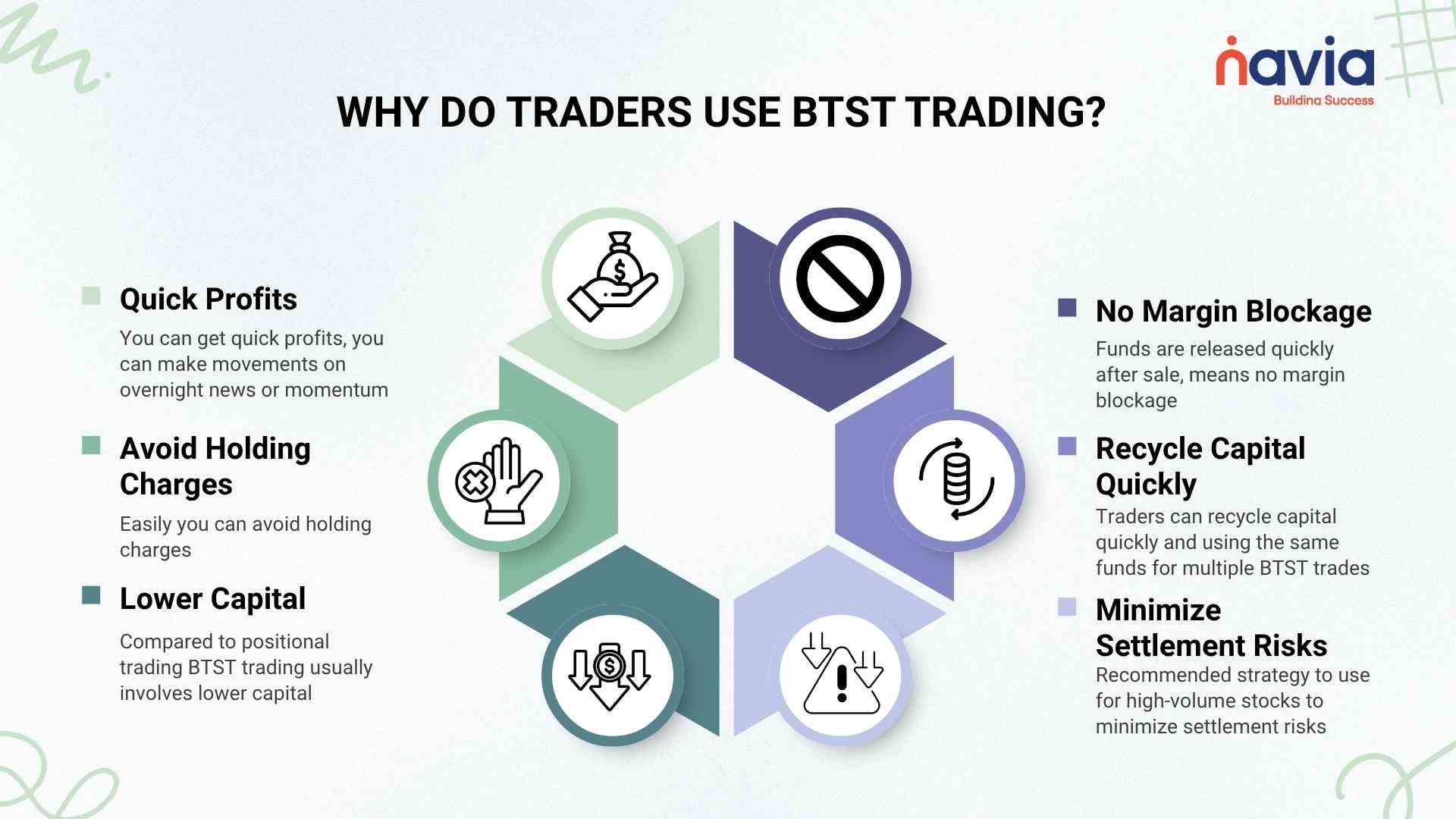
Risks of BTST Trading
Like all other strategies BTST trading also has its own set of risks, let’s see what they are!
🔸 The overnight price movements make sudden and unexpected fluctuations
🔸 If your broker fails to deliver the shares on time, your trade may go into auction, leading to penalties
🔸 Not all stocks have enough buyers/sellers the next day, which means the liquidity risk
🔸 You must depend on a broker who offers BTST facilities
🔸 For frequent BTST trading need to pay high brokerage and transaction costs
🔸 The limited time for decision making will sometimes lead to negative impacts
🔸 Unlike intraday trading, BTST does not offer margin facilities
Important Things to Know Before BTST Trading
🠖 Choose liquid stocks means that always trade in stocks with high trading volume
🠖 Monitor news like corporate announcements, quarterly results and economic indicators that can affect prices overnight
🠖 Some brokers charge higher fees for BTST trades so understand brokerage charge before diving into it
🠖 Use top-loss orders will minimize your loss if the trade doesn’t go your way
Conclusion
BTST trading is a quick and efficient way to achieve profit from short-term price movements in the stock market. It offers a flexibility to take advantage of overnight news without committing to long-term positions. But keep in mind that success in BTST trading requires proper knowledge, discipline and risk management. Investors interested in BTST should evaluate risks, trading costs, and broker facilities before starting.
Do You Find This Interesting?
Frequently Asked Questions (FAQs)
Is BTST trading suitable for beginners?
BTST trading can be suitable for beginners, but only if they understand market trends and risks, otherwise it will lead to losses.
What is the BTST technique?
BTST (Buy Today, Sell Tomorrow) is a short-term trading strategy where you buy shares on one day and sell them the next day before they are credited to your demat account.
Is BTST better than intraday?
BTST offers more flexibility than intraday trading since you don’t need to square off positions the same day. It allows for overnight gains if the stock moves in your favor.
What are common BTST mistakes?
Common BTST mistakes include:
🠖 Trading without checking news
🠖 Ignoring delivery constraints of low-volume stocks
🠖 Not setting a stop loss
🠖 Over-leveraging
🠖 Misjudging technical signals
Is BTST profitable?
BTST may provide opportunities in volatile markets, but profitability depends on timing, stock selection, and risk management.
How to identify BTST?
To identify BTST opportunities, look for:
🠖 Stocks with strong price breakouts or volume spikes
🠖 Positive news like earnings or upgrades
🠖 Stocks closing near the day’s high with strong momentum
🠖 Technical indicators like bullish candlestick pattern
🠖 Use watchlists and screeners to track such stocks
DISCLAIMER: Investments in securities market are subject to market risks, read all the related documents carefully before investing. The securities quoted are exemplary and are not recommendatory. Full disclaimer: https://bit.ly/naviadisclaimer.




